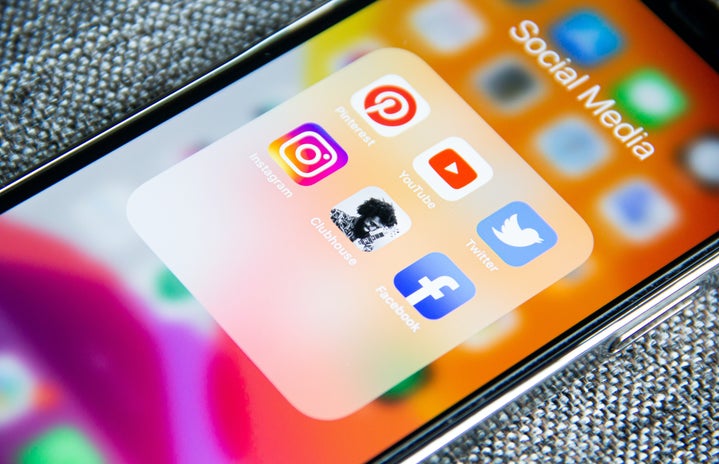In the age of social media, public activism isn’t just an option, it’s an expectation. Did you really even support Black Lives Matter if you didn’t post a black square on your story? Was that actress even sad about that natural disaster overseas if she didn’t tweet about it? Activism has become part of our default in how we interact with the online world. In our twitter bios #mentalhealthawareness, #stopasianhate, and #blacklivesmatter will be listed right next to #gryffindor and #pisces. They become our personalities, and we think of ourselves as people who embody these qualities.
However, there’s a very real difference between online activism and real life. There’s a startling divide between the ideals we supposedly support and our behavior towards the people around us. One of the most evident as of late has been the dialogue surrounding mental health awareness. While mental health has become a significant topic of conversation, particularly in our generation, the stubborn judgement and stigma surrounding mental health is still prominent in the ways that we treat each other.
Lately I’ve seen a lot of the people around me talk about “Being kind to yourself!” while in the same breath lambasting the people around them who are struggling. To me, it seems not only to originate from a serious lack of sympathy, but also a genuine misunderstanding of how mental health works.
So much of mental health issues are internal. We don’t see most of the struggle that the people around us are going through, we see the side effects. Usually when someone is falling behind in classes, their extracurriculars, social obligations, or their personal hygiene, they are at the height of their struggle with mental health or they have been struggling for a long time. We, as a society, are so much more focused on our success over our own health, that when we fall behind in these areas, it is typically the last area to suffer. Unfortunately, these side effects of mental illness are the only visible symptoms, so they are inevitably the ones that people focus on. It’s disappointing but unsurprising that when these side effects become apparent, people tend to focus on the side effects as the problem, rather than expressing concern over the mental health of the individual.
In my experience, people do want to achieve. We’re humans, we all want to succeed. If someone’s having a hard time doing that, the problem is probably not that they simply don’t care. However, that seems to be the first conclusion people jump to. It’s a very regressive way of thinking, but this train of thought is persistent in our culture. Since we can’t see what people are going through, it’s easy to become frustrated when we see them falling behind in these areas.
There is still so much stigma surrounding mental health that if someone has to take time for themselves they’ll inevitably be targeted with accusations of lying or being lazy. The idea that our generation is soft isn’t a new one. Start any sentence with “This generation is too…” and boomers will spring from the woodwork to tell you how soft and lazy our snowflake generation is. The truth is our generation is considered the most depressed, with 91% of Gen Z having reported some kind of mental health related problems.
This persistent stigma is even more frustrating considering the prevalence of imposter syndrome amongst those with mental illness, alongside their instinct to dismiss their own symptoms. Having the people around them also dismiss their illness and making it clear that they value the people around them mainly for their productivity, isn’t just hurtful, it’s downright dangerous.
Luckily, while there are still some obstinate backwards thinking individuals, there is a large movement in our generation to prioritize our mental health, and not just through hashtag. I was struck by a supreme sense of pride by Simone Biles’s decision to drop out of the Olympics. In our success, achievement obsessed society, it’s a novel thing to see someone prioritize their health over a goal. If our generation as a whole can prioritize our health and the health of the people around us over achievement, we’ll all be happier and healthier.
Inevitably, with rising levels of mental illness, our society will have to adapt to be more supportive of people prioritizing their health, even when we can’t see the problems. It’s easy to say you support mental health awareness, but unless you’re also supporting the people in your life, those are empty words. If you only support mental health awareness until it’s inconvenient for you, then you don’t support mental health awareness; you like the look of a hashtag.
Be kind to yourself, and be kind to others, even when it’s not convenient. You never know what someone’s going through.


